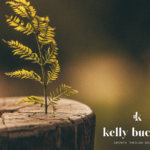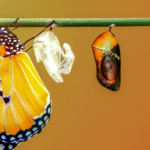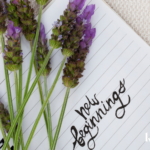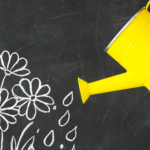Forgiveness is often misunderstood. Many see it as letting someone “off the hook” or condoning a wrong, but forgiveness is so much more. It’s a profound act of kindness, not just toward others, but toward yourself.
When we hold onto resentment or pain, it can weigh us down, creating invisible barriers that prevent us from fully embracing joy, love, and peace. Forgiveness doesn’t mean forgetting or excusing hurtful actions. Instead, it’s about releasing the hold that pain has over your heart and mind. It’s about reclaiming your power and choosing freedom over the chains of bitterness.
Why Forgiveness is Kindness to Yourself
Imagine carrying a heavy backpack everywhere you go. Every grudge, every unresolved hurt, is another rock added to that load. Forgiveness is the act of taking off that backpack and deciding to move through life unburdened.
By forgiving, you allow yourself to heal. You give yourself permission to move forward without the weight of anger or sadness. It’s an act of self-compassion, a way to nurture your mental and emotional well-being.
How Forgiveness Extends Kindness to Others
When you forgive, you offer others the chance to grow. Your act of kindness can inspire reflection, accountability, and change. Forgiveness can mend relationships, build bridges, and foster understanding.
Of course, forgiveness doesn’t always lead to reconciliation. Sometimes, it’s a quiet, internal decision made for your own peace. And that’s okay. The kindness of forgiveness lies in its ability to set boundaries while still choosing grace over grudges.
Steps to Embrace Forgiveness
-
Acknowledge the Pain
Recognize the hurt you’ve experienced. Avoid suppressing it or minimizing its impact. -
Understand the Why
Reflect on why forgiveness feels hard in this situation. Is it fear? Anger? A desire for justice? Understanding your emotions is key. -
Shift Your Perspective
Try to see the other person’s humanity. What might have motivated their actions? Empathy doesn’t excuse the wrong but can open the door to forgiveness. -
Make the Choice
Forgiveness is a decision. Even if your emotions don’t align immediately, choosing forgiveness is the first step toward healing. -
Release and Renew
Let go of the pain and resentment. It may take time, and that’s okay. Celebrate each moment of peace and freedom you gain.
Forgiveness: A Gift to Yourself
As you start to forgive, you’ll notice the profound lightness that comes with it. Forgiveness is not just an act of kindness; it’s an act of courage. It’s choosing love over fear, healing over hurt, and freedom over the burden of holding on.
This week, consider extending forgiveness to someone who has wronged you—whether it’s a friend, a family member, or even yourself. Remember, forgiveness is not about them; it’s about you. It’s about letting go for a fresh start and embracing kindness in its most transformative form.
Let go. Heal. Begin anew.








Thank you. It’s been a long journey facing the pain to forgive and heal. Your readings are helpful.
Amen!
There is strength in letting go of bitterness. I notice that when I am humble toward myself, I can be humble toward others. This is a muscle that requires practice but it is freeing. And it frees us to enjoy more of the blessings that come our way. Make room for the goodness and let the healing begin. Again and again.
Love and Prayers.
Andrea
I love your comment on humility. And yes, forgiveness makes room for the goodness that is waiting to arrive. Thank you so much for being part of our JOLT family. Kelly xo